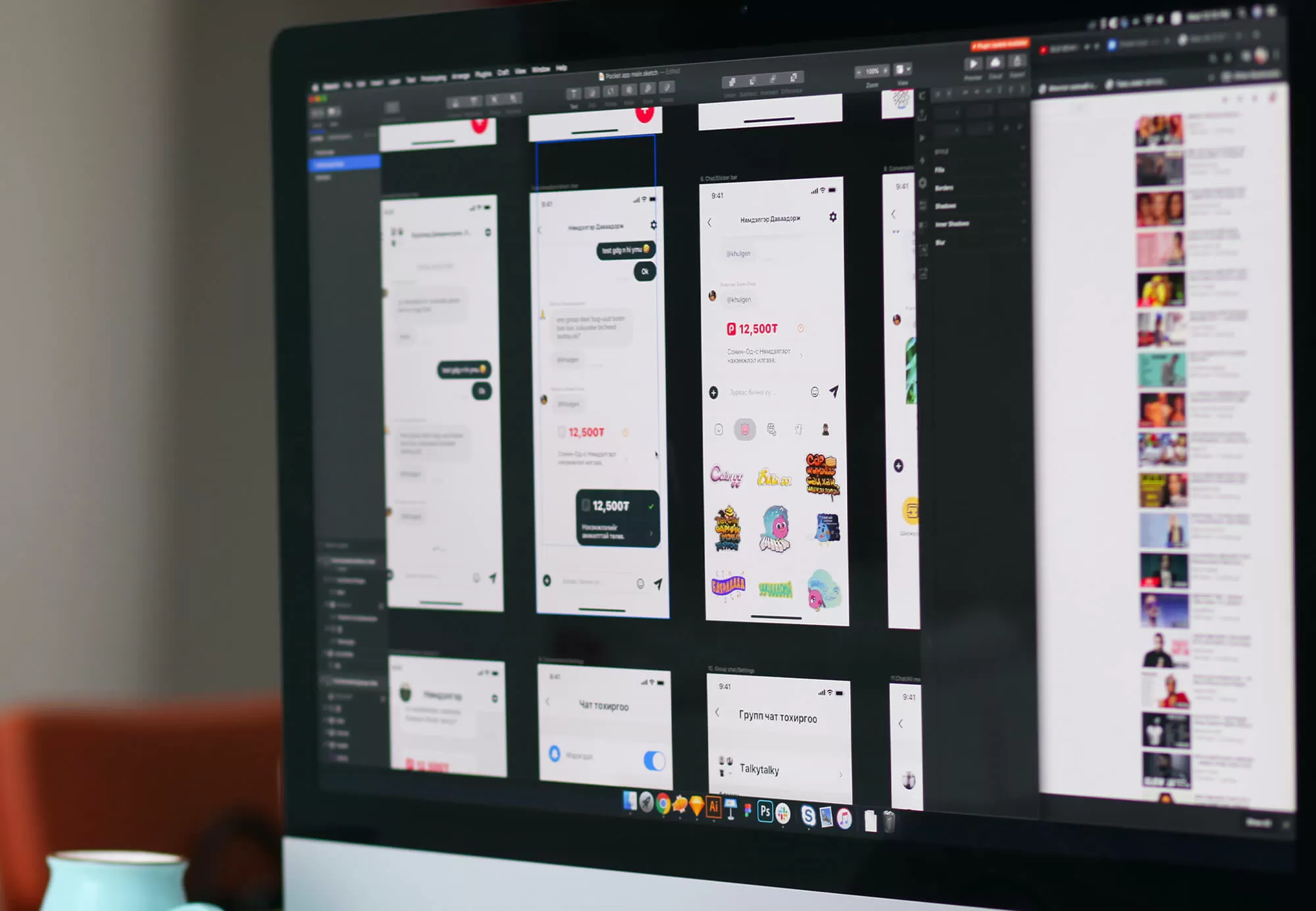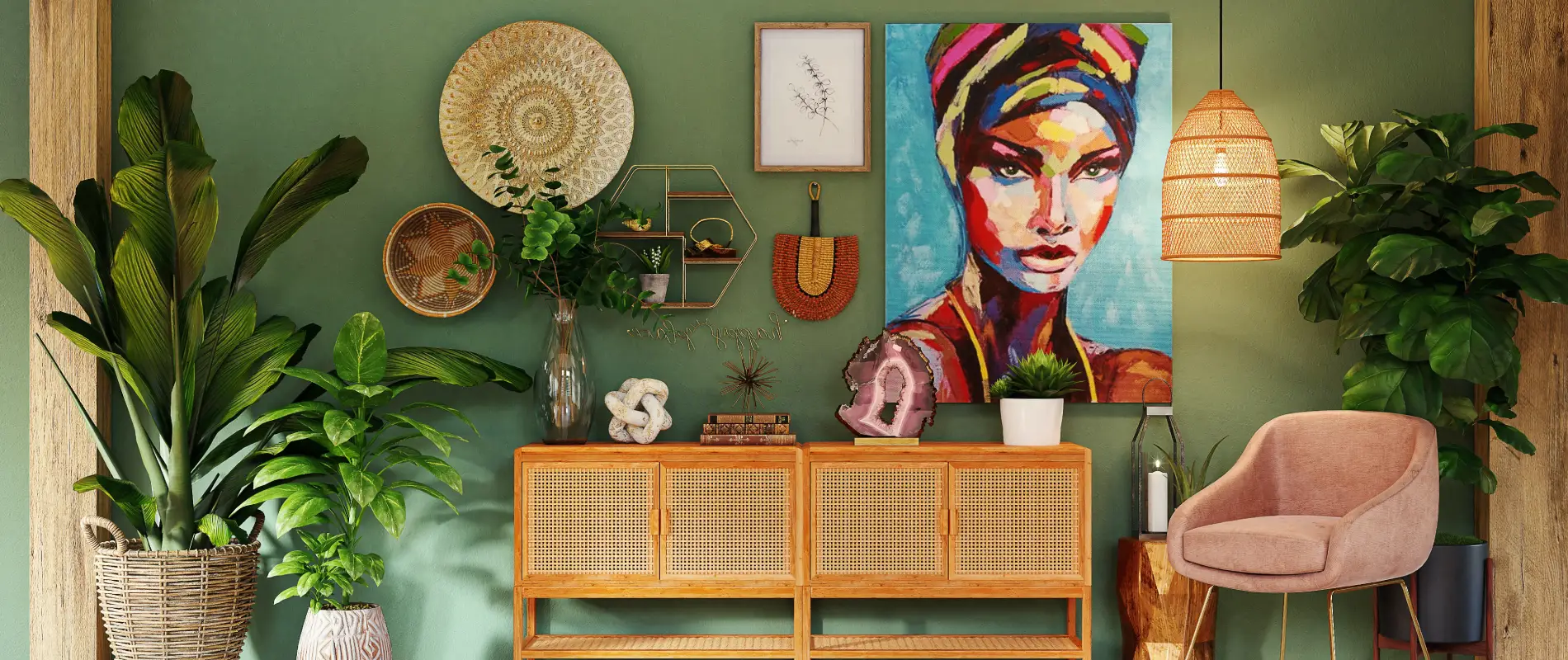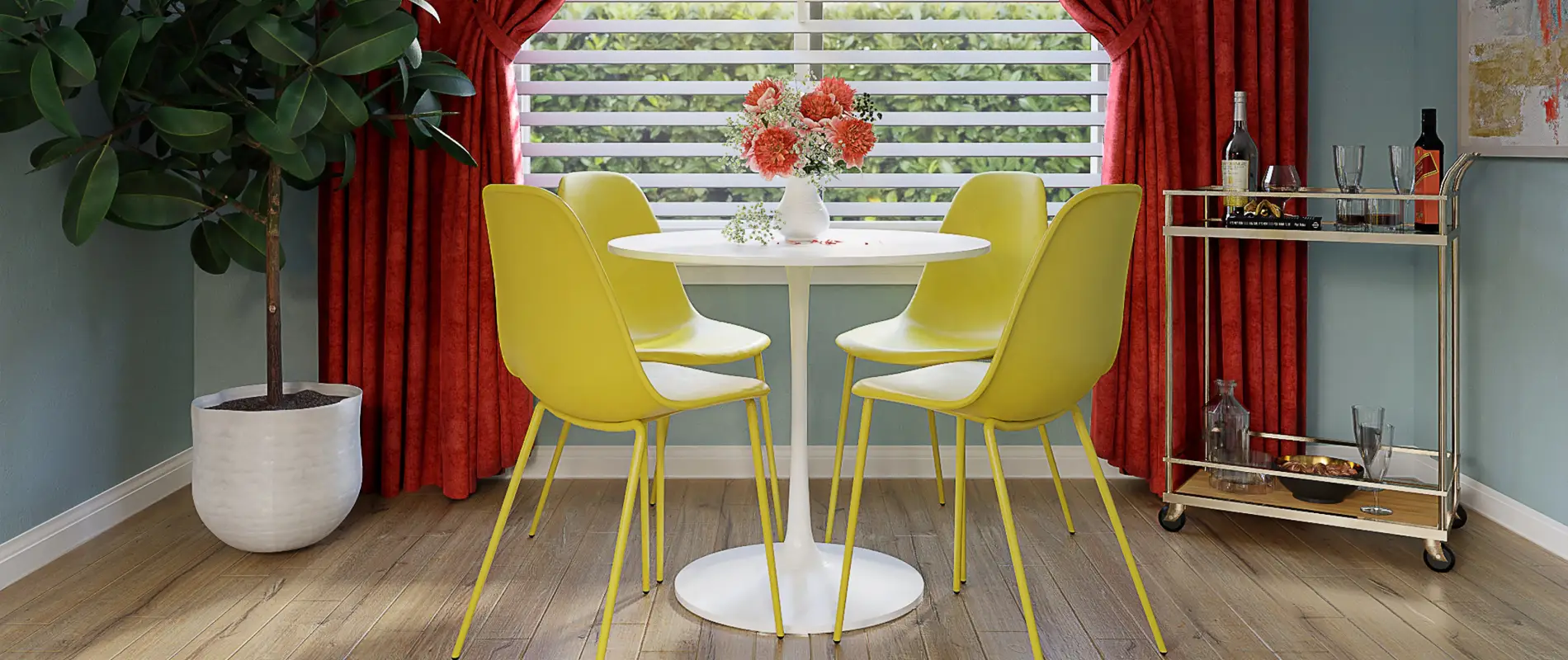Elevate your WordPress site with stunning image analysis
Transform your WordPress website design experience with our visually striking image analysis layout! Featuring a clean, multi-column format, this design showcases your services professionally. With a text area on the left that highlights key information, paired with a captivating image section on the right, it’s engineered to engage visitors right away.
Layout analysis
Overall structure
This design boasts a clear layout, emphasising two main sections that offer a straightforward yet compelling experience. It ensures clarity by organising content effectively, offering a refined look.
Arrangement
The left column features concise text blocks and relevant icons, while the right column catches attention with a computer screen displaying your design work. This arrangement is deliberate, offering balance and appeal.
Asymmetrical appeal
The slight asymmetry between the text-heavy left column and the visual right element creates a dynamic balance, drawing the viewer’s gaze naturally.
Element and feature description
Visible elements
The design includes bold headers for services like Brand & Identity, Web Design, Photography, and Graphic Design, each with insightful descriptions that aid in communicating your offerings clearly.
Icons/images
Icons relevant to each service enhance understanding, adding visual context and making information digestible. These elements ensure that the user’s experience is both engaging and informative.
Typography details
The modern sans-serif font used throughout, with varying text sizes, creates a strong hierarchy that guides the user through your content effortlessly.
Image orientation
The landscape-oriented computer screen image prominently displays your creative work, boosting visual engagement and reinforcing the professionalism of your WordPress website.
Unique design aspects
Standout choices
The integration of icons and text forms a cohesive theme, directly highlighting the services you offer. This design choice facilitates a seamless user journey through the content.
Responsive design
Thanks to its adaptability, this layout works beautifully on both desktops and mobiles, offering a consistent look and feel on any device. Discover more about responsive designs here.
Accessibility features
High contrast between text and background promotes readability, ensuring your content is accessible to all users and enhancing the user experience.
Overall design style
Minimalist and corporate
Embracing minimalism, this design focuses on professionalism and clarity, providing a polished impression that leaves an impact.
Visual hierarchy
Careful differentiation between headers and body text efficiently leads the user’s eye, seamlessly connecting important icons to their descriptions.
Balanced presentation
Ample white space ensures no overcrowding occurs, allowing your services to stand out without distraction and assisting in a clean presentation.
Ways to organise content in WordPress
Categorisation
Assigning content to relevant categories allows readers to find related posts quickly. Think of categories as broad groupings or sections that help visitors navigate your website efficiently. By doing this, you also enhance your website’s SEO, making it easier for search engines to index your content.
Tagging
Tags offer a more specific way to detail a post. Unlike categories, tags provide finer detail, highlighting specific themes or topics within a post. This helps users find posts related to niche subjects that span across different categories.
Pages and posts distinction
Understanding the difference between pages and posts is essential. Pages are static, such as an ‘About’ page, while posts are dynamic, regularly updated entries that support the blog section of a website.
Using custom post types
Custom post types expand WordPress’s functionality, letting you create different content types like portfolio items or events. This function is beneficial if your website has varied content needs beyond the basics of posts and pages.
Structured permalinks
Opt for SEO-friendly permalinks that reflect the content’s hierarchy and structure. Clean URLs improve user understanding and enhance search engine indexing.
Hierarchical structure
Organising your content in a hierarchy creates an intuitive pathway for users to follow. This structure enhances both user experience and SEO, as it aligns closely with search engine algorithms.
Using taxonomies
Taxonomies can be custom-built to add another layer of grouping content, offering yet another way to refine how you organise your WordPress content.
Menu navigation
Proper menu navigation structuring is crucial in allowing users to find their way around the site easily. Consider using dropdown menus for subcategories to keep the navigation menu clean.
Widget areas
Utilising widget areas can enrich the user experience by offering additional content or functionality, such as a calendar, recent posts, or newsletters.
Utilising plugins
Leverage plugins to organise content better. From SEO to user experience plugins, these tools can significantly enhance how content is managed and displayed.
Different types of content in WordPress
Blog posts
The bread-and-butter of WordPress, blog posts are timely pieces of content that encourage engagement. These posts can be updated frequently or scheduled, keeping your site fresh and active.
Static pages
Static pages offer vital fixed information about your site or business and are not meant for regular updates. Examples include ‘Home’, ‘About Us’, or ‘Contact’ pages.
Portfolios
For creative professionals, portfolios are a curated set of work samples showcasing expertise and projects. This content enhances personal branding and attracts potential clients.
Photo galleries
Galleries display images elegantly, offering users a visual experience. They are ideal for photographers and artists who want to share collections in an engaging way.
Videos
Video content is increasingly popular for engagement and providing dynamic information. They can be hosted on platforms like YouTube and embedded seamlessly into posts or pages.
Testimonials
Featuring testimonials builds trust and credibility. They offer potential clients or customers real insight into the benefits of your products or services, enhancing your reputation.
E-commerce products
For online stores, showcasing products with descriptions and reviews transforms WordPress into a robust e-commerce platform. Using plugins like WooCommerce can facilitate this transformation efficiently.
Case studies
Case studies offer in-depth insights into successful projects and solutions, helping to showcase your expertise and reliability to potential clients.
Infographics
Infographics simplify complex data through visual content, making it easily understandable and engaging while supporting your messaging with compelling visuals.
Event calendars
These show upcoming events or launches, keeping users informed and engaged while enhancing community involvement and interaction, perfect for organisations.
Conclusion
Incorporating a visually engaging design that employs a multi-column layout can significantly enhance your WordPress website. It’s ideal for those looking to establish a professional online presence with features like visual hierarchy, iconography, and WordPress website builders. Consider exploring Elementor Alternatives or check out free WordPress themes to find the perfect fit for your site. Elevate your online presence and set yourself apart with a strong and effective design today!




